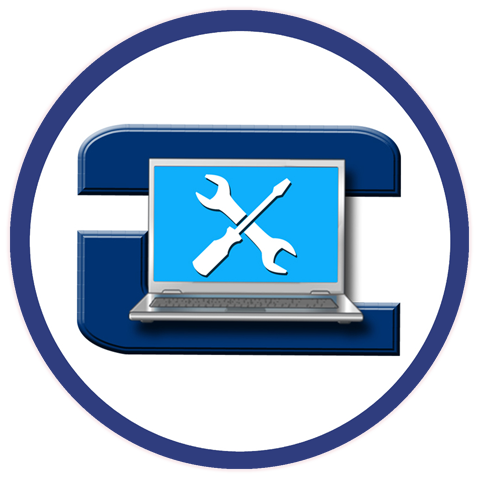Owning a computer comes with a responsibility, that responsibility is data security. What I mean by this is that every person that owns a computer has the responsibility to make sure that their data will be safe if the computer crashes. The life cycle of a hard drive is unpredictable due to unforeseen variables. On average, a hard drive can last about 4 to 5 years before starting to give in. However, we have seen hard drives go bad on brand new computers due to things like power surges or lightning strikes. The unpredictable nature of hard drive crashes makes it necessary for everyone that owns a computer to know how to do backups. A computer can be replaced, but data can be hard to replace or expensive to recover once a hard drive crashes. So, backing up your vital information is the best way to go and it may save you a lot of trouble.
These days there are online backup solutions like Carbonite that make backing up valuable, personal information an easy process. So there is really no excuse not to back up your valuable data. For those who don’t feel comfortable with online backups, you can always use an external hard drive or CDs to do backups. The only down side to using CDs is that they don’t hold too much data, so you may have to use a stack of CDs, but any back up is better than no back up. If using CDs, I would recommend using a double layer or higher, especially for media files like music, videos, pictures etc.
Doing backups is much easier now with Windows Vista and Windows 7. All you have to do is have your external hard drive or CDs ready and follow these steps:
- Go to the Start Menu
- Left click on Control Panel
- Look for the icon for the Back Up and Restore Center; double left click on it
- Select the option to back up files. Usually something pops up saying Windows is asking for your permission, so click on continue. You will get to the option of where you want to back your files up to. The first option should be hard disc, CD or DVD. By default the system is set to back up to the C: drive, so you have to go to the little drop down arrow to select where you want to back up your files. You should have your CD or DVD already loaded or your external hard drive already connected to the computer by the time you do this. Please note: NEVER back up your files on the C: Drive and think that your information is safe. If the C: drive crashes it will be as good as having no back up to begin with. Always use something else other than the hard drive on the computer.
- Once you select your back up location, you can select which files you want to back up. It usually takes a while to do backups, make sure your computer is not set to sleep within a few minutes of inactivity because doing backups takes hours.
- When the back up process is complete, it does not hurt to check over and make sure that the data was backed up. If all is well, keep your back up in a secure location where they cannot be damaged by kids or pets. If you use an external hard drive to do backups, I recommend that you disconnect it once the back up process is complete. This helps to keep it safe from power surges or lightning. Also, keep it where it cannot be dropped, because that might damage it and ruin all your back ups.
Windows XP does not have a backup utility like Windows Vista and Windows 7. So what can you do to back up your valuable files if you use Windows XP? You could either use online backup solutions like Carbonite, or you could download a cool little program called DIX (Drive Image XML). This program allows you to do a full back up of your hard drive and restore it. The good thing about doing a full back up of your hard drive is that if you had expensive programs that you used you can also restore them from the back up. That can save you a lot of time, or a ton of money since you will not have to look for disks that are either in storage or have since been lost. Some programs can cost hundreds of dollars to replace, so taking a little time to back up your whole computer can prove to be very cost effective in the long run. If you need any help doing a back up or setting up backups we will be glad to help.
